Egypt
Egypt has officially been declared free of malaria by the World Health Organization (WHO), a major success for the country. The WHO called this achievement "truly historic."
Malaria has been a problem in Egypt for thousands of years, but now the disease is part of the past. WHO chief Dr. Tedros Adhanom Ghebreyesus said, "Malaria is as old as Egyptian civilization, but it no longer exists in the country."
Egypt started working to get rid of malaria nearly 100 years ago. To be declared malaria-free, a country must show that no local transmission of the disease has happened for at least three years.
Malaria still kills over 600,000 people every year, mostly in Africa. But Egypt is now one of 44 countries and one territory around the world that have eliminated the disease. It is also the third country in the WHO’s Eastern Mediterranean Region to achieve this, after the United Arab Emirates and Morocco.
The WHO praised Egypt for its efforts but warned that the country must stay alert to keep malaria from returning. The organization explained that Egypt's work to fight malaria began in the 1920s when they started limiting crops like rice that attract mosquitoes.
Malaria is caused by a parasite carried by mosquitoes. While vaccines are now being used in some areas, the best ways to prevent malaria are still avoiding mosquito bites and closely monitoring the disease.



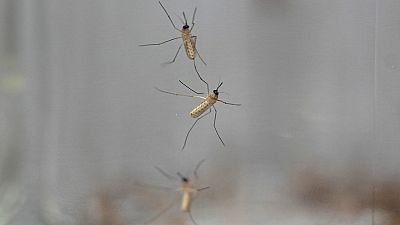

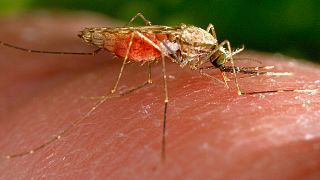
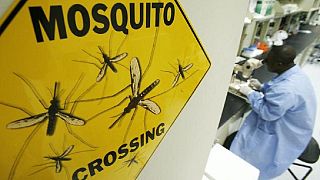
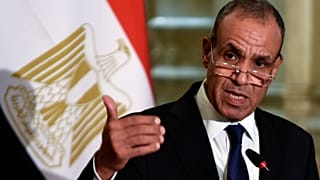



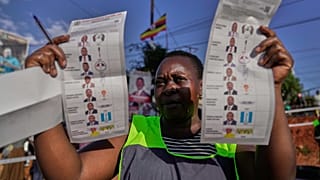

Go to video
Uganda elections chief says he faces threats over vote outcome
Go to video
Uganda: Civil society under strain - who watches the vote?
01:09
Trump orders US withdrawal from 66 international organisations under ‘America First’ policy
Go to video
Uganda denies plans for election internet shutdown
Go to video
Lions, Eagles and more: AFCON 2025 teams and their nicknames
Go to video
Coups in Africa 2025: Power shifts, failed takeovers and political instability